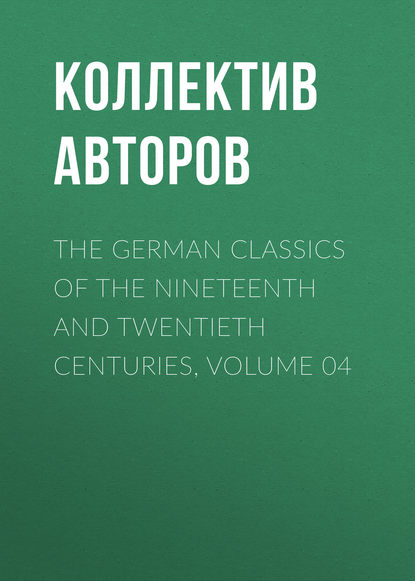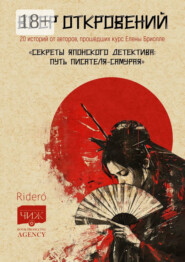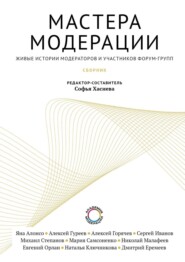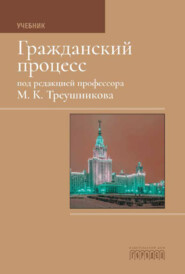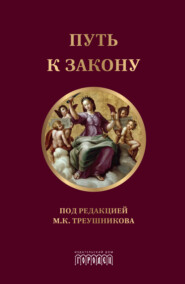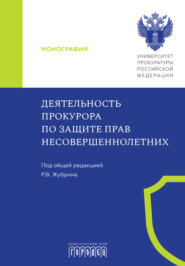По всем вопросам обращайтесь на: info@litportal.ru
(©) 2003-2024.
✖
The German Classics of the Nineteenth and Twentieth Centuries, Volume 04
Настройки чтения
Размер шрифта
Высота строк
Поля
15
Lessing was the first to speak of Shakespeare in a becoming tone; but he said, unfortunately, a great deal too little of him, as in the time when he wrote the Dramaturgie this poet had not yet appeared on our stage. Since that time he has been more particularly noticed by Herder in the Blätter von deutscher Art und Kunst; Goethe, in Wilhelm Meister; and Tieck, in "Letters on Shakespeare" (Poetisches Journal, 1800), which break off, however, almost at the commencement.
16
The English work with which foreigners of every country are perhaps best acquainted is Hume's History; and there we have a most unjustifiable account both of Shakespeare and his age. "Born in a rude age, and educated in the lowest manner, without any instruction either from the world or from books." How could a man of Hume's acuteness suppose for a moment that a poet, whose characters display such an intimate acquaintance with life, who, as an actor and manager of a theatre, must have come in contact with all descriptions of individuals, had no instruction from the world? But this is not the worst; he goes even so far as to say, "a reasonable propriety of thought he cannot for any time uphold." This is nearly as offensive as Voltaire's "drunken savage."—TRANS.
17
In my lectures on The Spirit of the Age.
O, for my sake do you with fortune chide
The guilty goddess of my harmless deeds,
That did not better for my life provide
Than public means which public manners breeds.
And in the following:
Your love and pity doth the impression fill, which vulgar scandal stamp'd upon my brow.]
18
In one of his sonnets he says:
19
And make those flights upon the banks of Thames,
That so did take Eliza and our James!
20
This is perhaps not uncommon still in some countries.
The Venetian Director Medebach, for whose company many of Goldoni's Comedies were composed, claimed an exclusive right to them.—TRANS.
21
Twelfth Night, or What You Will—Act iii., scene 2.
22
As You Like It.
23
In one of the commendatory poems in the first folio edition:
And on the stage at half sword parley were
Brutus and Cassius.
24
In the first volume of Charakteristiken und Kritiken, published by my brother and myself.
25
A contemporary of the poet, the author of the already-noticed poem, (subscribed I.M.S.), tenderly felt this when he said:
Yet so to temper passion that our ears
Take pleasure in their pain, and eyes in tears
Both smile and weep.
26
In Hamlet's directions to the players. Act iii., scene 2.
27
See Hamlet's praise of Yorick. In Twelfth Night, Viola says:
This fellow is wise enough to play the fool,
And to do that well craves a kind of wit;
He must observe their mood on whom he jests,
The quality of the persons, and the time;
And like the haggard, check at every feather
That comes before his eye. This is a practice
As full of labor as a wise man's art:
For folly that he wisely shows is fit,
But wise men's folly fall'n quite taints their wit.—AUTHOR.
The passages from Shakespeare, in the original work, are given from the author's masterly translation. We may be allowed, however, to observe that the last line—
"Doch wozu ist des Weisen Thorheit nutz?"
literally, Of what use is the folly of the wise?—does not convey the exact meaning of Shakespeare.—TRANS.
28
"Since the little wit that fools have was silenced, the little foolery that wise men have makes a greater show."—As You Like It, Act I, scene 2.
29
Charles the Bold, of Burgundy, is known to have frequently boasted that he wished to rival Hannibal as the greatest general of all ages. After his defeat at Granson, his fool accompanied him in his hurried flight, and exclaimed, "Ah, your Grace, they have for once Hanniballed us!" If the Duke had given an ear to this warning raillery, he would not so soon afterward have come to a disgraceful end.
30
I shall take the opportunity of saying a few words respecting this species of drama when I come to speak of Ben Jonson.





